Less Frequent Mammography for Breast Cancer Survivors Has No Impact on Survival
Certain breast cancer survivors can safely reduce the frequency with which they undergo surveillance mammography 3 years after surgery, according to findings presented at the 2023 San Antonio Breast Cancer Symposium.
The results are important, because currently in the US, breast cancer survivors are told to undergo an annual mammogram every year for an indefinite period of time after their surgery. In the UK, survivors routinely undergo an annual mammogram for the first 5 years after surgery then de-escalate to once every 3 years afterward for those aged 50 and older. These findings presented at SABCS suggest that survivors can get screened less frequently than current guidelines allow.
In the phase 3 Mammo-50 trial, researchers randomly assigned women who underwent curative surgery for breast cancer to one of two groups. One was assigned to undergo a mammogram every year, and another received mammograms less frequently: once every 2 years for those who had breast-conservation surgery and once every 3 years for those who had mastectomies.
After a 5-year follow-up period, the groups had similar rates of both overall survival (OS) and breast-cancer specific survival. The annual group had a breast-cancer specific survival rate of 98.1% and an OS of 94.7%, whereas the less-frequent group had a breast-cancer specific survival rate of 98.3% and an OS of 94.5%. The two groups also had similar recurrence rates: 5.9% for the annual group and 5.5% for those assigned to less frequent screening.
Although the researchers acknowledged that the de-escalation arm had a lower compliance rate than the annual arm, at 69% compared with 83%, they added that a sensitivity analysis revealed this difference in adherence did not impact their final results.
In a concurrent substudy evaluating the participants’ quality of life using four different validated questionnaires, researchers reported no differences between the two groups in the domains of distress, mental well-being, and other areas.
Researchers acknowledged that the study was limited by the fact that it focused only on women older than 50 who were already cancer-free for at least 3 years.
“De-escalation of mammographic surveillance reduces the burden on the health care system, decreases the inconvenience for women having to undergo these mammograms, and reduces the associated stress of waiting for results. …The trial demonstrated that the outcomes from undergoing less frequent mammograms were no worse than undergoing annual mammograms for this group of women.”
- Janet Dunn, PhD, professor of clinical trials at the University of Warwick, UK.
--
References:
https://aacr.ent.box.com/s/c096hv78dvi5sa8z6oyllqqvvlue02t6
https://www.isrctn.com/ISRCTN48534559
Disclosures: Dunn declared no financial ties to drug makers. MD/alert could not confirm financial disclosures for other authors at the time of reporting. The UK National Institute for Health and Care Research provided support for the study.
By Andrew John, MD /alert Contributor
Photo Credit: Getty Images.


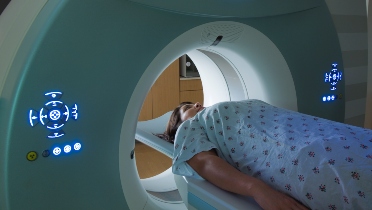


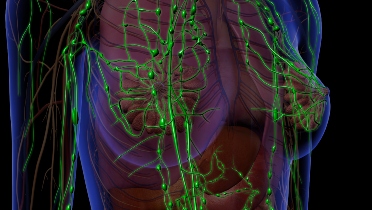

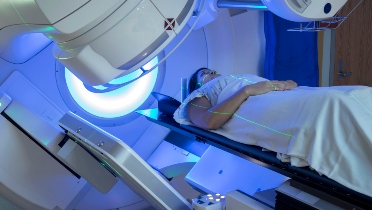
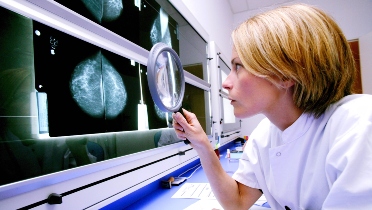




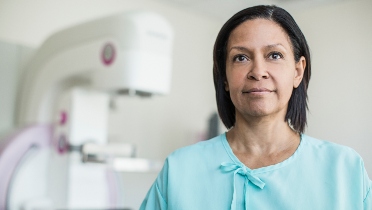

.jpg)
.jpg)

.jpg)
.jpg)
.jpg)
.jpg)
.jpg)
.jpg)
.jpg)
.jpg)
.jpg)
.jpg)

.jpg)

.jpg)

.jpg)
.jpg)
.jpg)

.jpg)
.jpg)
.jpg)
.jpg)
.jpg)

.jpg)

.jpg)
.jpg)
.jpg)
.jpg)

_.jpg)
.jpg)
.jpg)

.jpg)
.jpg)
.jpg)
.jpg)
.jpg)
.jpg)
.jpg)

.jpg)

.jpg)
.jpg)
.jpg)
.jpg)
.jpg)

.jpg)

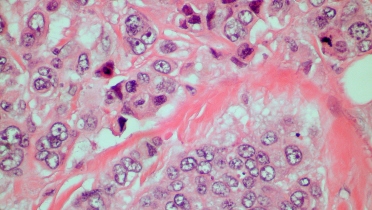
.jpg)
.jpg)
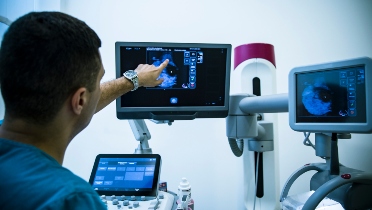

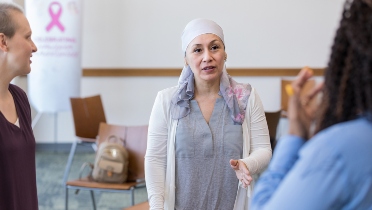
.jpg)

.jpg)
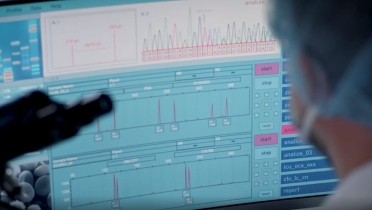
.jpg)
.jpg)

.jpg)
.jpg)
.jpg)

.jpg)
.jpg)
.jpg)

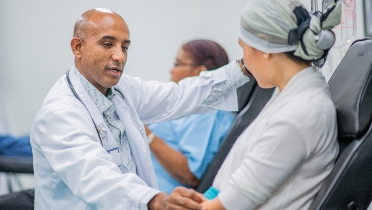
.jpg)

.jpg)


.jpg)

.jpg)
.jpg)
.jpg)
.jpg)
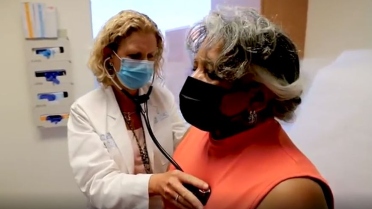
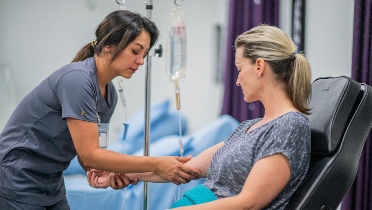
.jpg)
.jpg)
.jpg)
.jpg)
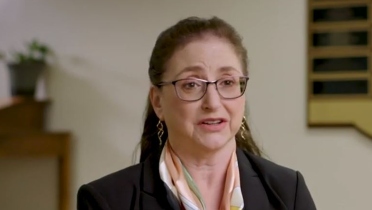
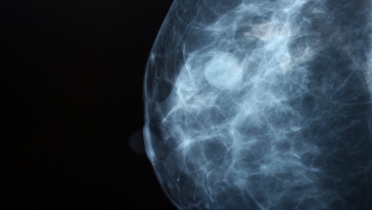
.jpg)
.jpg)
.jpg)
.jpg)
.jpg)
.jpg)
.jpg)
.jpg)

.jpg)
.jpg)
.jpg)
.jpg)
.jpg)
.jpg)
 Featured Breast Cancer Videos
Featured Breast Cancer Videos.jpg)